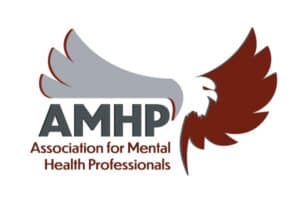Evidence-Based vs Science Based: The Difference Matters
 A common phrase counselors like to utilize in communicating with the public is "evidence-based" but what does it mean? And why is that our go-to identifier? Are we telling Joe Citizen to "follow the science" or "follow the evidence"? Words matter. They matter even more given the current state of our profession and the redefining of words to pursue agendas.
A common phrase counselors like to utilize in communicating with the public is "evidence-based" but what does it mean? And why is that our go-to identifier? Are we telling Joe Citizen to "follow the science" or "follow the evidence"? Words matter. They matter even more given the current state of our profession and the redefining of words to pursue agendas.
So What Does "Evidence-Based" Mean?
I'm going to quote from GROK AI since I can do no better in crafting a simple definition:
"The term “evidence based” refers to a concept, practice, or claim that is supported by evidence. Evidence can take various forms, such as empirical data, observations, or even anecdotal accounts. The defining characteristic is that there is some tangible support backing the idea or approach. However, the quality and type of evidence can vary widely. "Evidence based" does not inherently specify how the evidence was collected or whether it adheres to a particular standard of rigor."
So, evidence is data in any number of forms, from any of a number of sources, in support of an outcome. As we will see in a moment, this data is not the result of a rigorous collection process.
"Science-Based" Means What?
Again, I quote the research sage, GROK:
“Science based” indicates that a concept, practice, or claim is grounded in scientific principles, methods, or knowledge. Science involves systematic study, experimentation, and the development of theories based on observable phenomena, often following a rigorous methodology. Because science itself relies on evidence gathered through experiments, observations, and testing, "science based" inherently involves/includes evidence. However, it specifically implies that this evidence was obtained and interpreted through the scientific method, which prioritizes objectivity, reproducibility, and systematic analysis."
"Science-based" is focused on the process that produces the evidence while evidence-based is not system oriented, it's focused on crafting supporting evidence for an outcome. This is a very legitimate usage of evidence, of course, until it's not!

Key Differences Between The Two
While there is overlap between the two terms (since science-based approaches are evidence based by nature), their differences emerge in scope, emphasis, and rigor/standards. For more discussion on these three points see The Therapy Disruptors Podcast #95-Evidence Based vs Science Based Approaches. We go into far more detail in that discussion about this overall topic and I believe it is well worth your time to fully understand these two terms and their proper application.
Conclusion
The science-based approach is far stricter regarding the manner in which data or evidence is collected, and the data amassed is critically more dependent upon the system and methods by which it was developed. This severely limits the flexibility of interpretation for this body of information. Not so with evidence-based data and that can be a problem if one loses objectivity.
Evidence-based has its place, of course, because the context in which it can be applied requires it. Not everything in life requires a peer-reviewed paper behind it to back it up as credible evidence. It's the application and intent that determines credibility.
Both forms of evidence have their place in a mental health practice. We should utilize the science-based information wherever possible and employ evidence-based data where professionally appropriate.
So we need to ask ourselves why the term, "evidence-based", seems to be our go-to standard for care when "science-based" is a much firmer foundation to work from? What are your thoughts?
Got Something to Say?
These posts are based on the beliefs and personal experience of the post's author. Please feel free to leave your civil, constructive comments below. We try very hard to back up our statements with fact-based data and we ask you to do the same in your comments. You do not need to be logged in to leave a comment.
About the Author
 Kathleen Mills is a fire-breathing, 33+ year veteran of the counseling world. People react in one of two ways when evil touches their lives: some retreat in fear, and some advance without pause to engage it. Kathleen falls firmly in the latter group. She owns and operates Life Tree Counseling in Frisco, TX, possesses a tireless work-ethic, and eagerly awaits your arrival into her growing army of warriors.
Kathleen Mills is a fire-breathing, 33+ year veteran of the counseling world. People react in one of two ways when evil touches their lives: some retreat in fear, and some advance without pause to engage it. Kathleen falls firmly in the latter group. She owns and operates Life Tree Counseling in Frisco, TX, possesses a tireless work-ethic, and eagerly awaits your arrival into her growing army of warriors.

That was excellent and very concise, Kathleen. As we recapture excellence and merit in our profession and culture, this distinction between evidence-based practice and science-based practice will be foundational. “I’m going to get some counseling” means nothing today. In fact, “getting counseling” could likely be detrimental or even dangerous for the client. Thank you helping to bring integrity back to our profession.